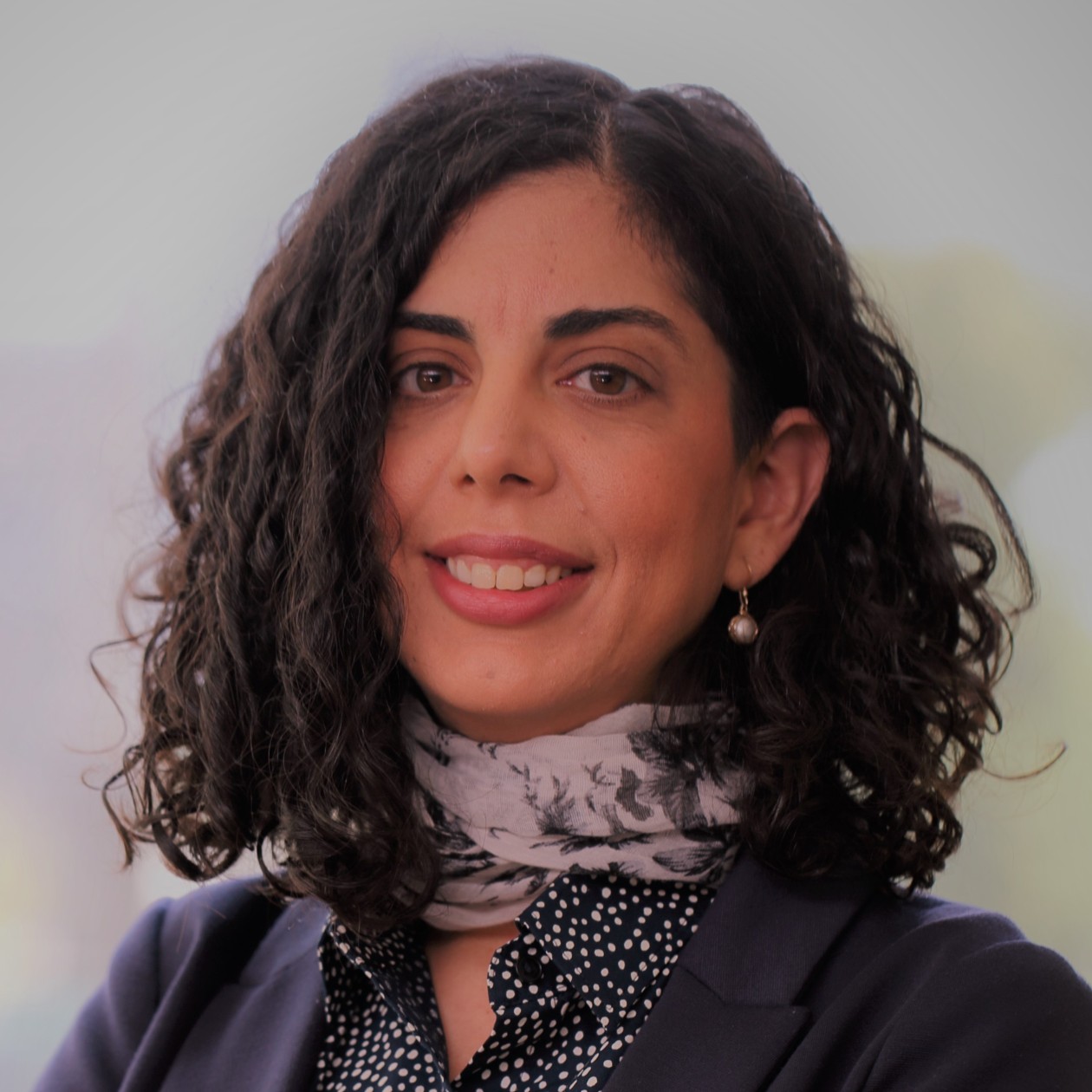Mobilization, Interaction, Contention: Relations Between NGOs/Civil Society and States in Times of Covid-19
Participants
(in alphabetical order)
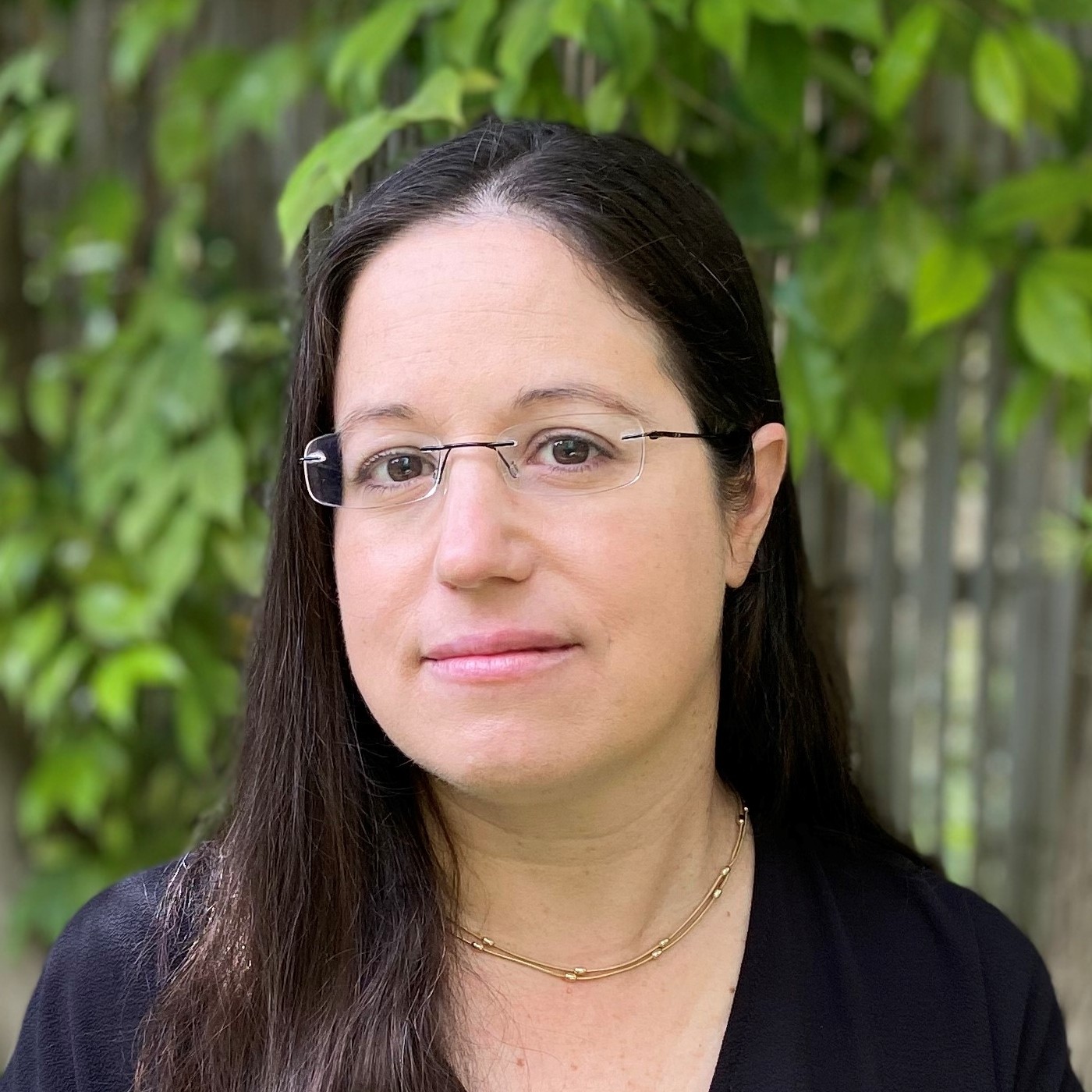 |
Prof. Michal Almog-Bar is an Associate Professor and the Head of the Institute for the Study of Civil Society and Philanthropy, the Paul Baerwald School of Social Work and Social Welfare, Hebrew University of Jerusalem. Her fields of research include: organizational, managerial and employment aspects of nonprofit organizations; policy towards the nonprofit sector; gender in civil society; nonprofit advocacy and cross-sectorial partnerships. She currently serves as the area editor of civil society of Nonprofit and Voluntary Sector Quarterly, the leading journal in this field. She has participated in several international comparative projects on nonprofit organizations and published several books and numerous articles in top leading journals in the fields of nonprofit studies and social policy. She has been involved in policy formation concerning civil society in Israel and took part in various national committees. |
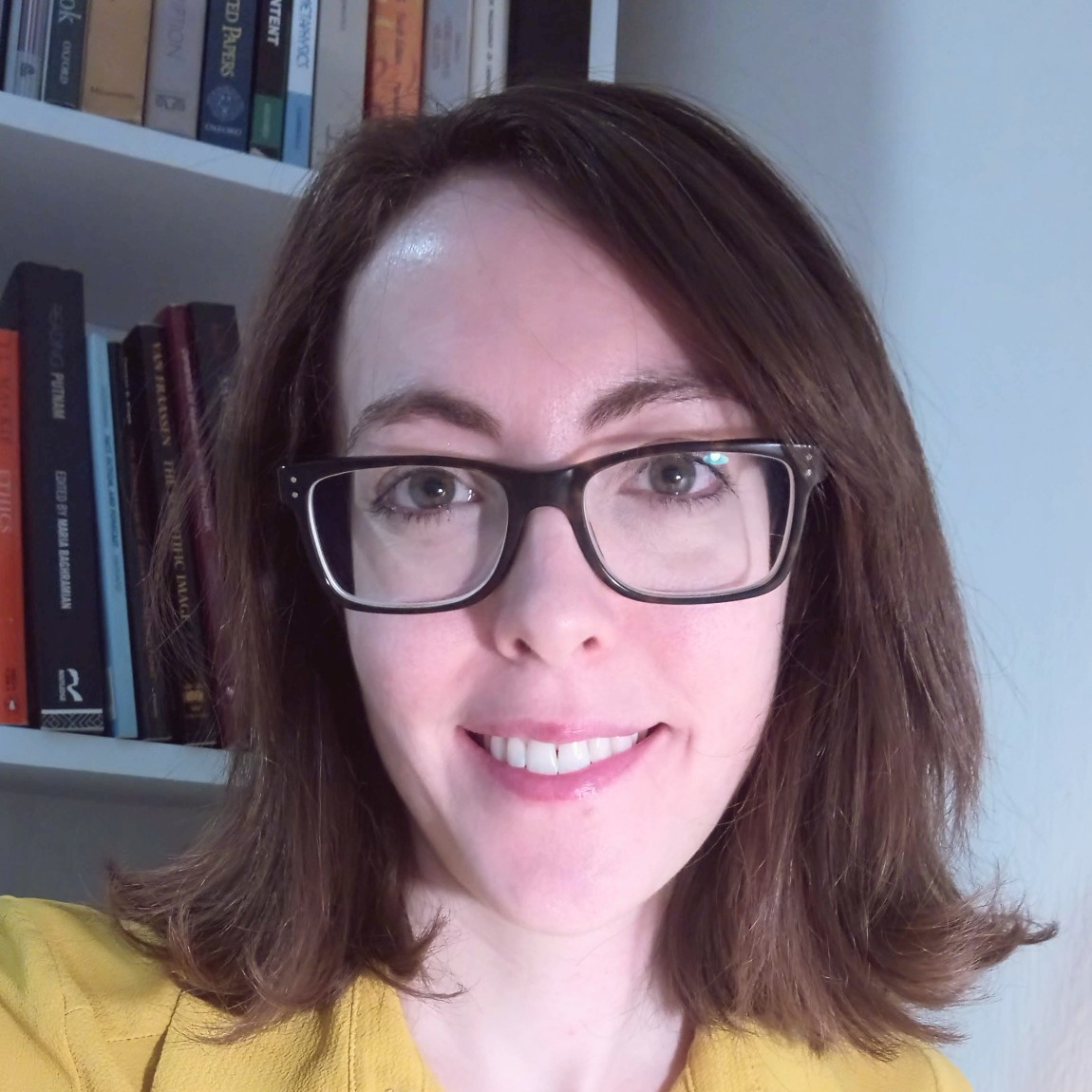 |
Dr. Alissa Bellotti is a historian of contemporary transnational politics and culture. Her primary research interest is in the dynamic interactions between social policies and politics on the one hand, and new forms of identities, social values, and cultural phenomena on the other hand. Her first project (PhD thesis) explored these issues through an analysis of the entangled politics of East and West German youth culture during the late Cold War. Her next project will analyze the interactions between new, empowered female identities and public health policies in Germany, the United Kingdom, and the United States. Dr. Bellotti will join the faculty of the General History Department and the Haifa Center for German and European Studies (HCGES), both at the University of Haifa, in October 2021. Her research has been funded by the DAAD. |
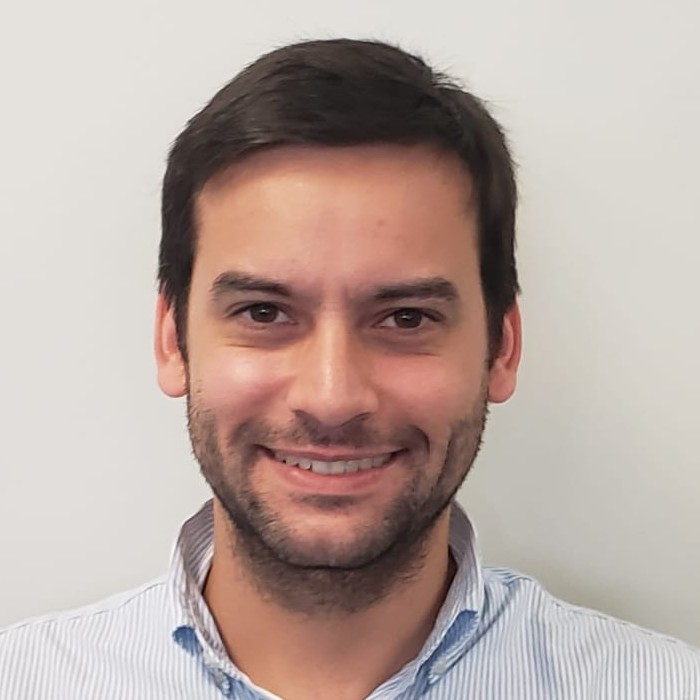 |
Leonardo Bueno is Bachelor in Economics from the Faculty of Economics, Administration and Accounting at the University of São Paulo (FEA USP - 2015). He also holds a Master's degree in Public Administration and Government at FGV EAESP and is currently a doctoral student in this same program. He has interests in subjects related to Political Economy, Economics and Urban planning, mixed research methodologies.
See Abstract here |
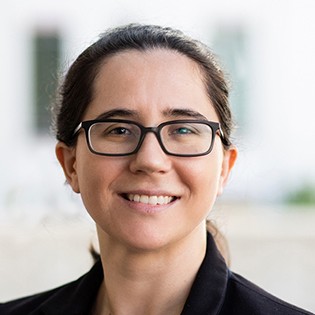 |
Dr. Natália Bueno is an assistant professor at Emory University. Her research interests are comparative politics, public policy, elections, and inequality. Her work has been published at Comparative Political Studies, World Politics, Latin American Research Review. Her dissertation was the 2019 recipient of the Harold D. Lasswell Award for best dissertation in the field of public policy and the 2018 James G. March award by Yale's Political Science department. She received a Ph.D. in Political Science and a M.A. in International Development Economics from Yale University. She holds a M.A. in Political Science from the University of São Paulo (USP) and a B.A. in Social Sciences from the Federal University of Minas Gerais (UFMG). See Abstract here |
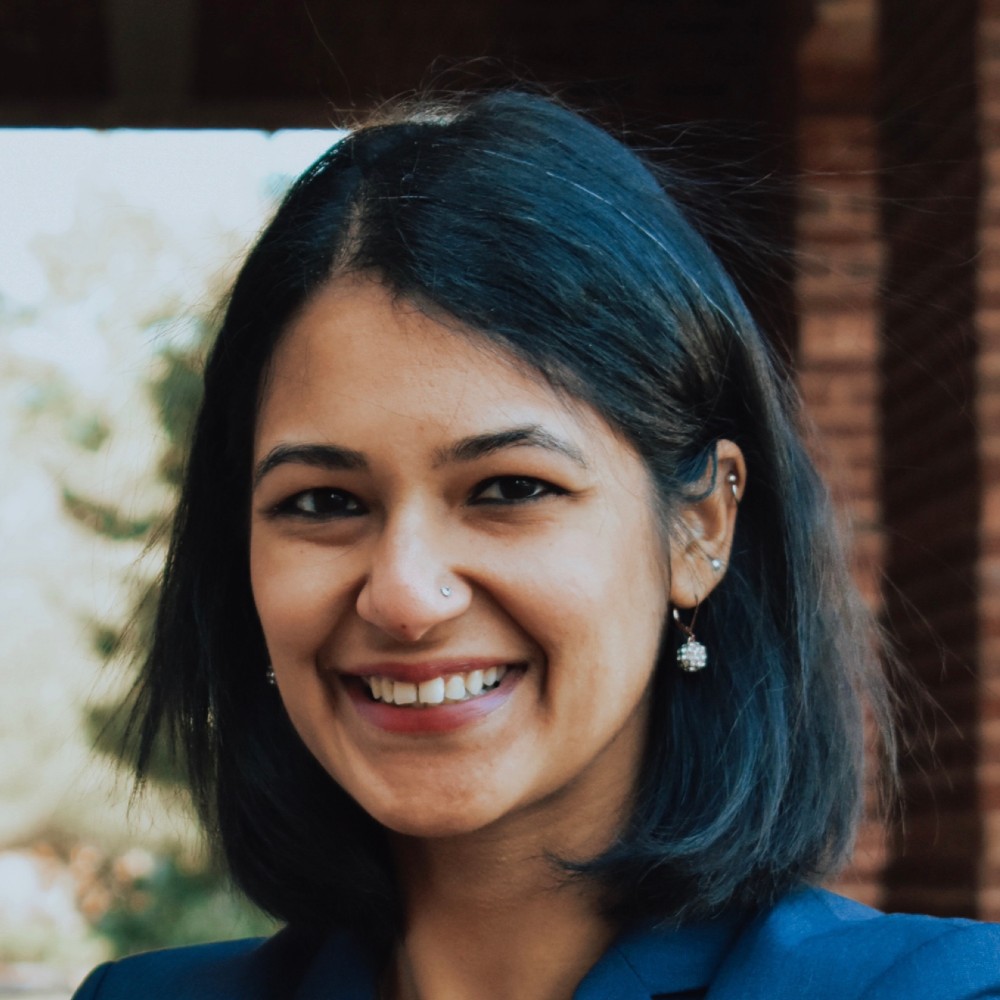 |
Dr. Suparna Chaudhry is an Assistant Professor in the Department of International Affairs at Lewis & Clark College and an Affiliated Scholar with the International Justice Lab at College of William & Mary. Her research and teaching interests include human rights, international organizations and law, and political violence, with a specific focus on the causes and consequences of state persecution of NGOs and activists. See Abstract here |
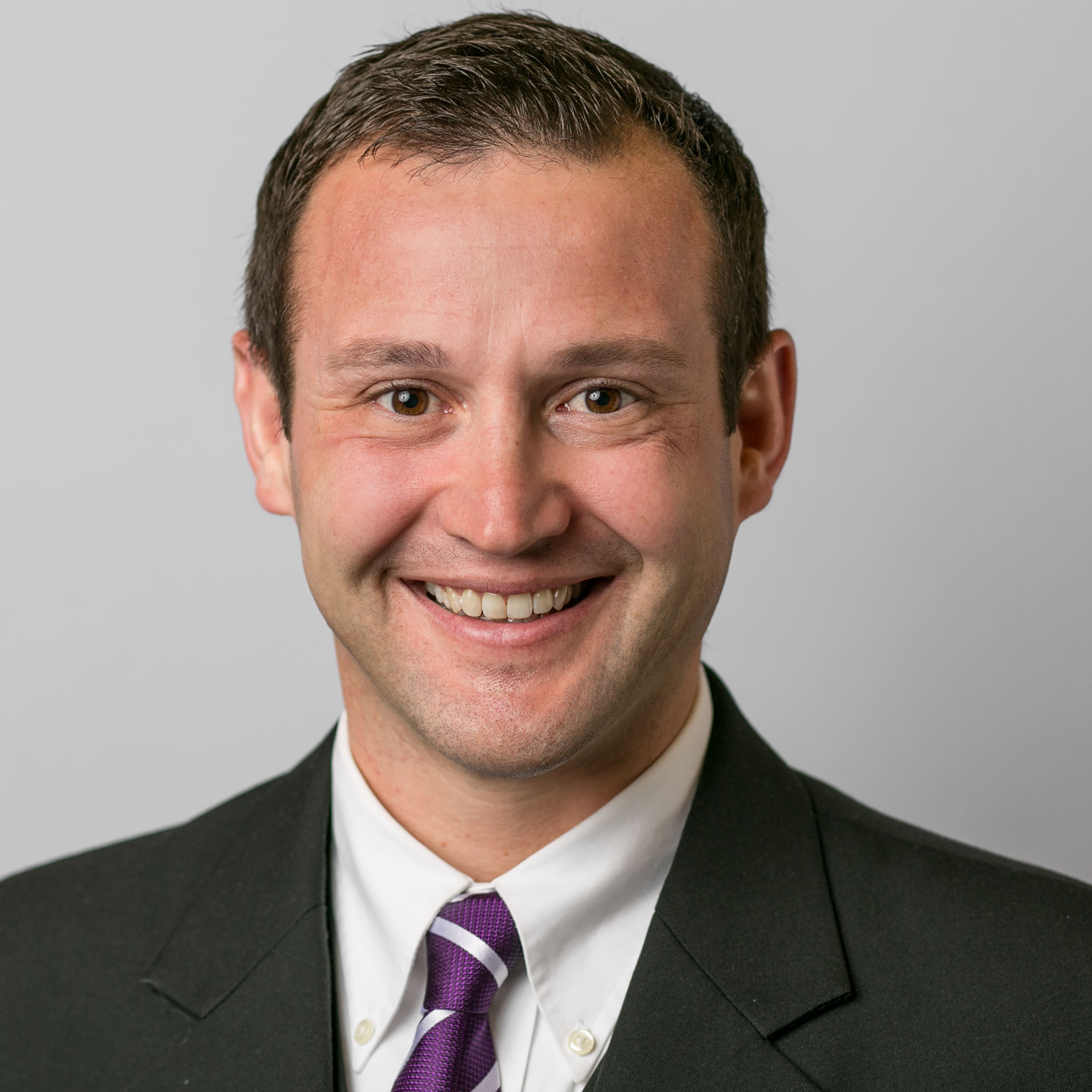 |
Dr. Anthony DeMattee is a National Science Foundation (NSF) Postdoctoral Research Fellow for Fundamental Research. The NSF Directorate for Social, Behavioral, and Economic Sciences and the Law & Science Program sponsor his current research, which he is conducting while affiliated with the Department of Political Science at Emory University. Using civil society laws as his case, his work studies the politics of state-civil society interactions in developing countries. In 2018-2019, he was an Ostrom Fellow and remains affiliated with the Ostrom Workshop in Political Theory & Policy Analysis. In addition to NSF funding, Dr. DeMattee has received additional financial support for his research from the American Political Science Association, the Association for Research on Civil Society in Africa, and the Association for Research on Nonprofit Organizations and Voluntary Action. He completed his Joint Ph.D. in Public Policy from Indiana University, specializing in comparative politics, public policy, and public administration. He also received an M.A. from the Political Science Department at Indiana University and an M.B.A. from the Kellogg School of Management at Northwestern University. See Abstract here |
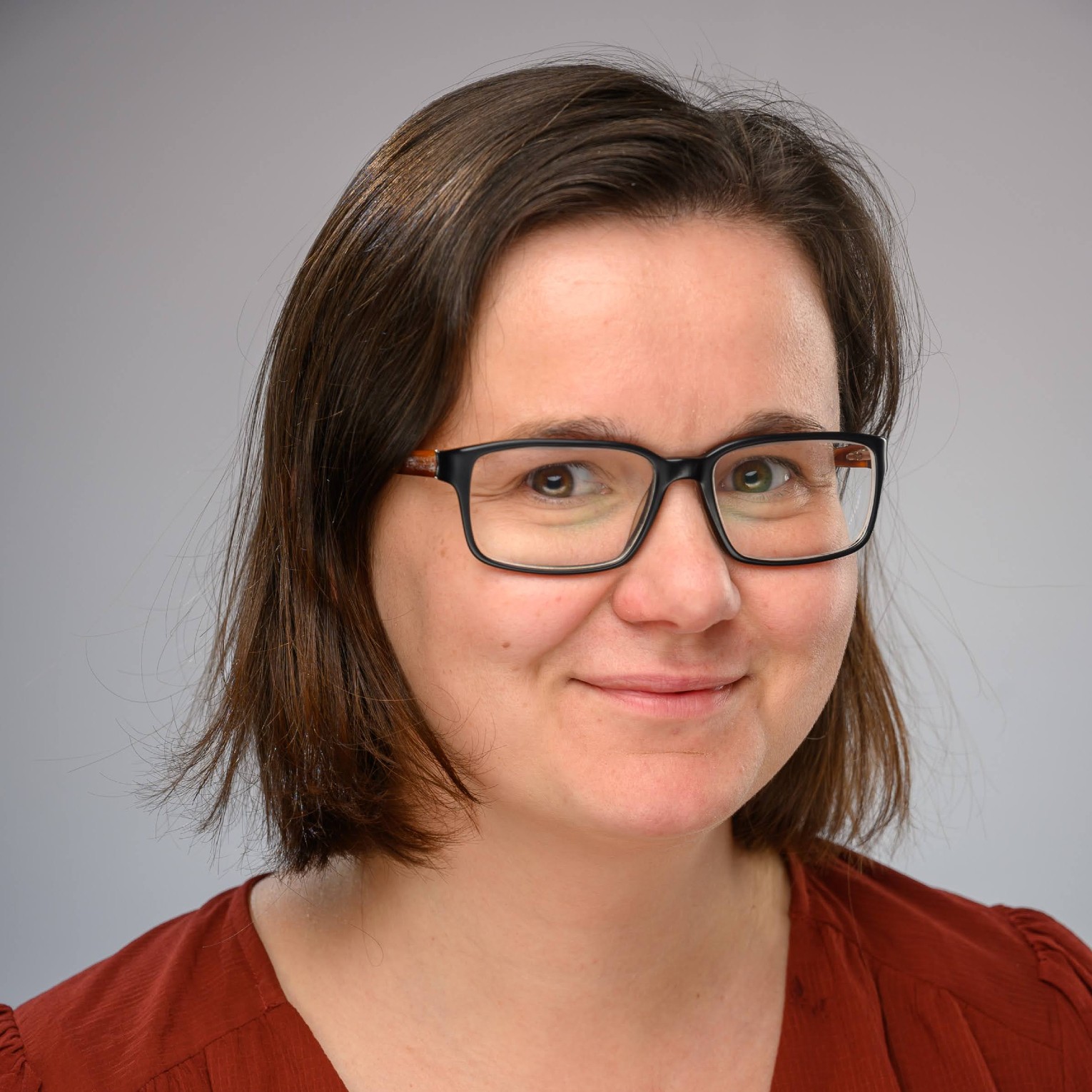 |
Elżbieta Drążkiewicz, a graduate of Cambridge Anthropology, is Senior Research Fellow at the Institute for Sociology, Slovak Academy of Sciences, Slovak Republic. Drążkiewicz specializes in organisational, political, and economic anthropology. She has extensive fieldwork experience from Poland, Ireland and South Sudan. Her research includes studies of foreign aid and development management, public health governance, and education systems. Her current focus is the intersection of science, the state, and health economies, particularly in regard to vaccination and the ways in which citizens, health professionals, and state officials negotiate their own, often conflicting, agendas. She is an author of 'Institutionalised Dreams: The Art of Managing Foreign Aid' (Berghahn, 2020). See Abstract here |
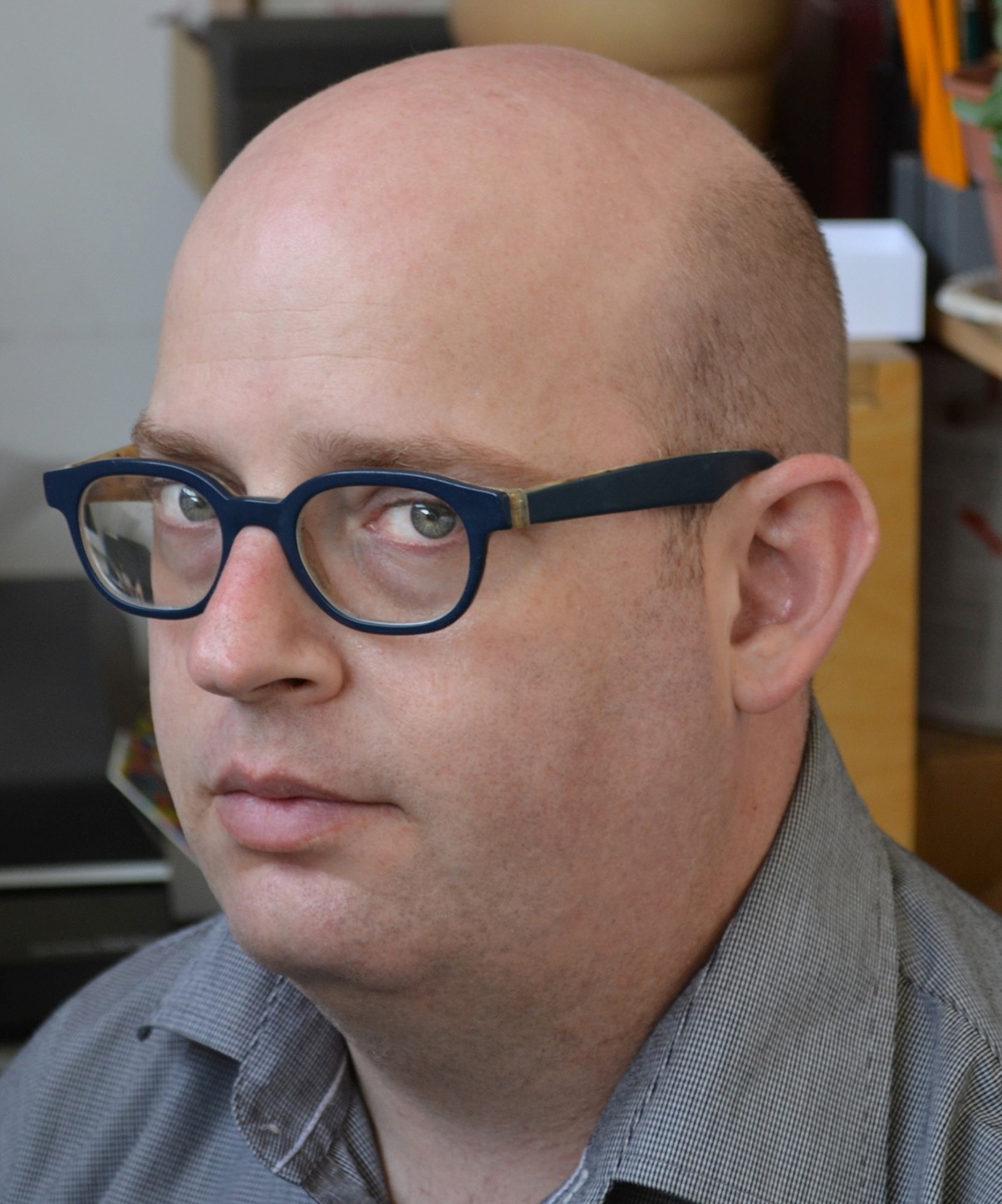 |
Dr. Omri Grinberg is a post-doctoral fellow at the Minerva Center for the Rule of Law Under Extreme Conditions, and at the Truman Institute (Hebrew U). In 2019-2020 he was a postdoctoral fellow at the Department of Sociology and Anthropology, Tel-Aviv U (Jonathan Shapiro Fund). In 2019 he completed a PhD in Anthropology and Jewish Studies at the University of Toronto, following an MA in Cultural Studies at the Hebrew U (2010, summa cum laude). In the past he was a research fellow in the Cornell School of Criticism and Theory and in Media and Cultural Studies, Heinrich Heine University, Dusseldorf. E-mail: This email address is being protected from spambots. You need JavaScript enabled to view it. |
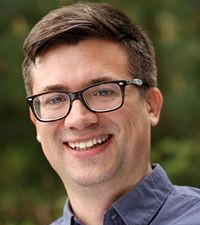 |
Dr. Steffen Hagemann joined the Heinrich-Böll-Foundation Tel Aviv – Israel as Head of Office in December 2018. Prior to joining the Heinrich-Böll-Foundation Steffen worked as an Assistant Professor of Political Science at the Technical University of Kaiserslautern. He received his Diploma and his PhD from the Free University Berlin, where he specialized in Peace and Conflict Studies and International Relations. He has spent time at the University Tel Aviv and as a visiting fellow at the Bucerius Institute for Research of Contemporary German History and Society. The Middle East, and especially Israel, have been the focus of his work over many years. In addition, Steffen has written articles and books on emotions in politics, German-Israeli relations and US foreign policy in the Middle East. |
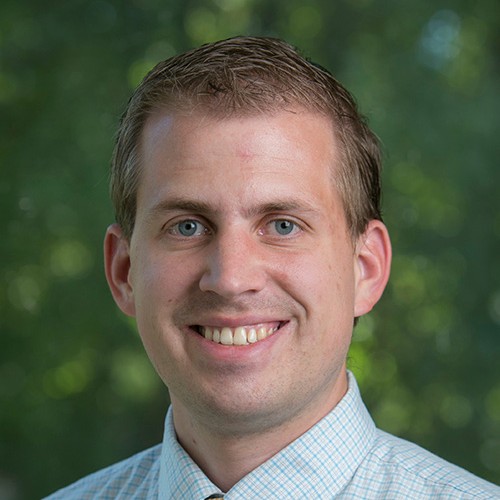 |
Dr. Andrew Heiss is an assistant professor in the Department of Public Management and Policy at the Andrew Young School of Policy Studies at Georgia State University. His research explores human rights and international nonprofit management and focuses on authoritarian regulation of civil society and INGO responses to administrative crackdown. See Abstract here |
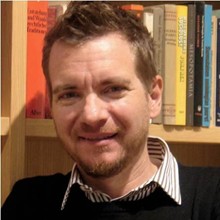 |
Prof. Stefan Ihrig is a Professor of History in the Department of General History and the director of the Haifa Center for German and European Studies at the University of Haifa. He was previously a lecturer at the Freie Universität Berlin, and the University of Regensburg and a researcher at the Georg Eckert Institute for International Textbook Research in Braunschweig. His main areas of research include German, European and Turkish history with a special focus on transnational themes and entanglements as well as on public discourse and the media. Stefan Ihrig’s last two books focused on aspects of German-Turkish history and entanglement (Ataturk in the Nazi Imagination, Harvard University Press, 2014, and Justifying Genocide – Germany and the Armenians, from Bismarck to Hitler). He is also co-author of a book on the debates on Turkey’s EU membership (with R. Carnevale & C. Weiss, Europa am Bosporus (er)finden? Die Diskussion um den Beitritt der Türkei zur Europäischen Union in den britischen, deutschen, französischen und italienischen Zeitungen, P. Lang, 2005) |
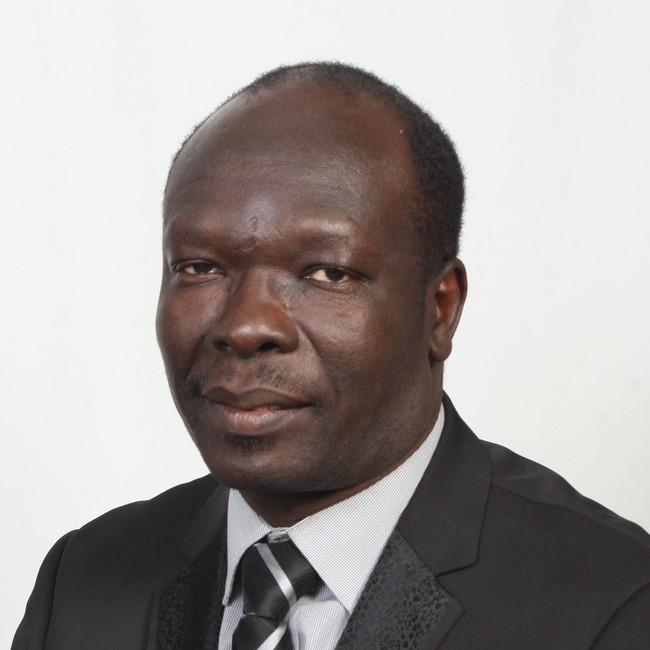 |
Peter Hakim Justin is an experienced researcher and practitioner with a demonstrated history of research and project management. He holds a PhD in Sociology of Development and change/Political Science from Wageningen University & Research, Masters in Environmental Science and Technology from IHE Delft, and Bachelor of Science in Natural Resources and Environmental Studies, Forestry from University of Juba in South Sudan. His research interest revolves around Governance, Conflict Studies, and Land Tenure in Africa. For more information: www.peterjustin.org See Abstract here |
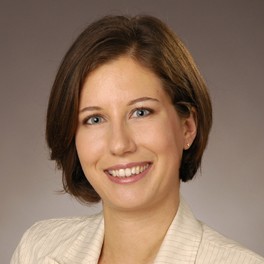 |
Katharina Konarek is a PhD Candidate both at the University of Haifa and the University of the Bundeswehr Munich. She is also the academic coordinator of the German funded Haifa Center for German and European Studies at the University of Haifa. Before, she worked as a project manager for the Friedrich Ebert Foundation in the Palestinian Territories and in Poland. Katharina is holding a Master Degree in Political Science from the Munich Ludwig Maximilian University. She also conducted research stays at the John-Hopkins-University in Bologna, the Birzeit University in Ramallah, the Hebrew University in Jerusalem and Emory University in Atlanta. In her research she is focusing on German foreign policy in the Middle East and the role of the German political foundations in Israel and the Palestinian Territories. In addition she is also working on European foreign policy and Migration. Her current publication is on “The German Political Foundations’ Work between Jerusalem, Ramallah and Tel Aviv” (2018), published by Springer. |
|
|
Reut Marciano is a Ph.D. candidate in the Department of Political Science and recipient of the prestigious Vanier Canada Graduate Scholarship. Her research interests include policy capacity, public administration and privatization, and theories of the policy process. Her dissertation research examines the involvement and influence of private consulting firms in formulation and design of public policies in Canada, Australia and the UK. She holds a B.A in Philosophy, Political Science and Economics (PPE) and an M.A in Public Policy, both from the Hebrew University of Jerusalem. She has worked in public policy and politics in various roles in Israel. Contact details: Reut Marciano This email address is being protected from spambots. You need JavaScript enabled to view it.
See Abstract here |
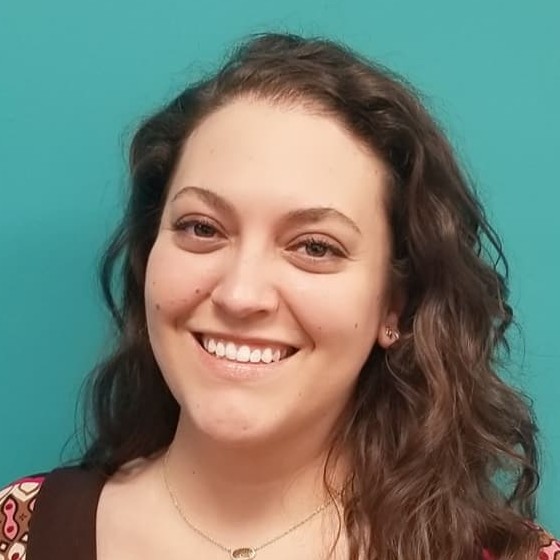 |
Marynka Marquez is a PhD student at the Centre for Applied Human Rights of the University of York. Her research focuses on the challenges of implementing human rights at the local level, using the city of York as a case study. Marynka was a research assistant on the project, ‘Shaping a Human Rights-Based Approach to COVID-19 in the City of York’. She formally and informally interviewed members of civil society and the Council of York about co-production in the city during the COVID-19 pandemic, with the purpose of producing a policy brief for the project's stakeholders. Marynka is from the United States and worked for local civil society organizations in Texas for seven years prior to beginning her PhD program. She enjoys journaling, convenience food, and moderately scary movies. See Abstract here |
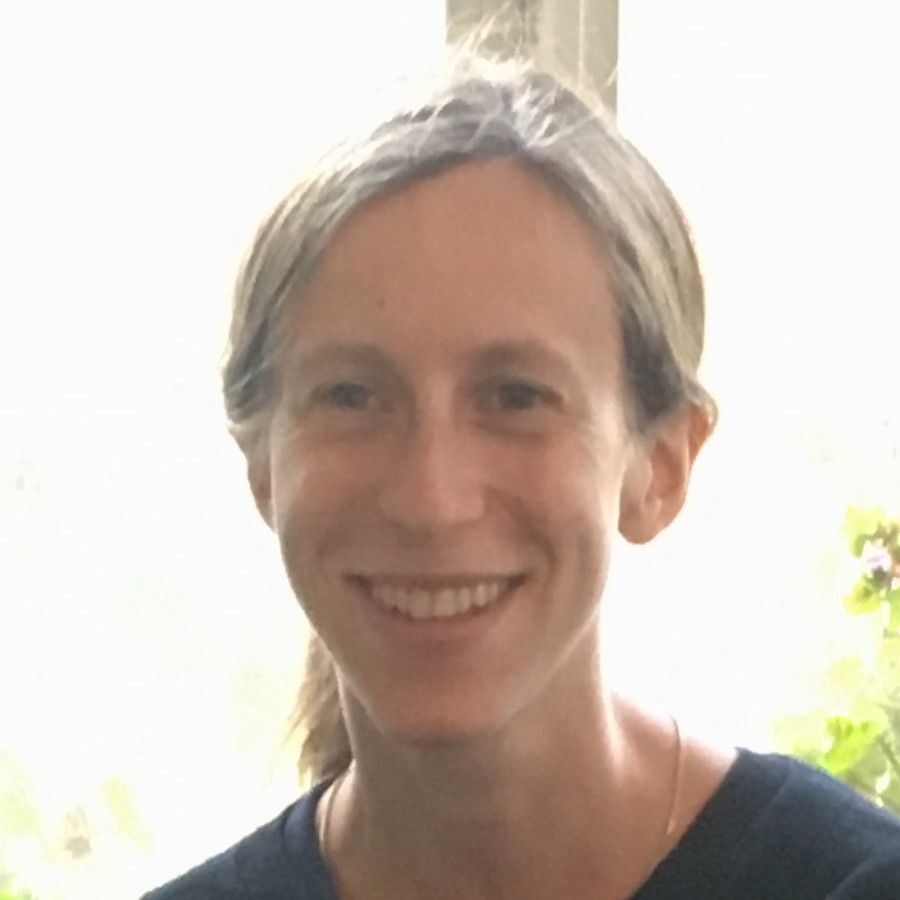 |
Hannah Mayne is a PhD candidate in the Department of Anthropology at the University of Toronto. Her research looks at Jewish women’s prayer practices in Jerusalem. One of her main case studies is the struggle between feminist and orthodox activists at the sacred site of the Western Wall. Her work examines questions of female subjectivity, ritual change, and prayer as a method of asserting legislation and claiming space. |
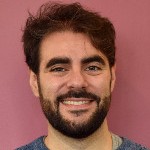 |
Dr. Piergiuseppe Parisi is a Research Associate at the Centre for Applied Human Rights – University of York and an Associate Lecturer at the York Law School. He specialises in international human rights law and practice but is also interested in the role of activism and more generally individuals and civil society organisations in promoting and upholding human rights. Piergiuseppe has co-led, with Prof Paul Gready, the project ‘Shaping a Human Rights-Based Approach to COVID-19 in the City of York’. As part of the project, he has worked closely with the Council of York to develop guidance on how to embed human rights in the Council’s decision-making processes. Piergiuseppe has received his legal education in both England and Italy and publishes in English, Spanish and Italian. See Abstract here |
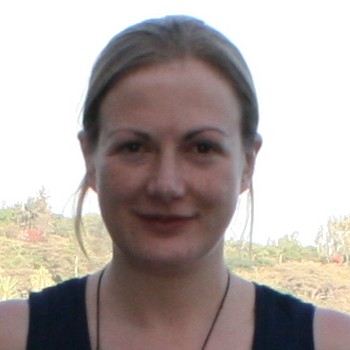 |
Naomi Pendle is an Assistant Professorial Research Fellow at the Firoz Lalji Institute for Africa at the London School of Economics. She has carried out ethnographic and qualitative research in South Sudan over the last decade and has published on various themes including governance in conflict, peace, patterns of violence, justice and revenge, protection of civilians and hunger. See Abstract here |
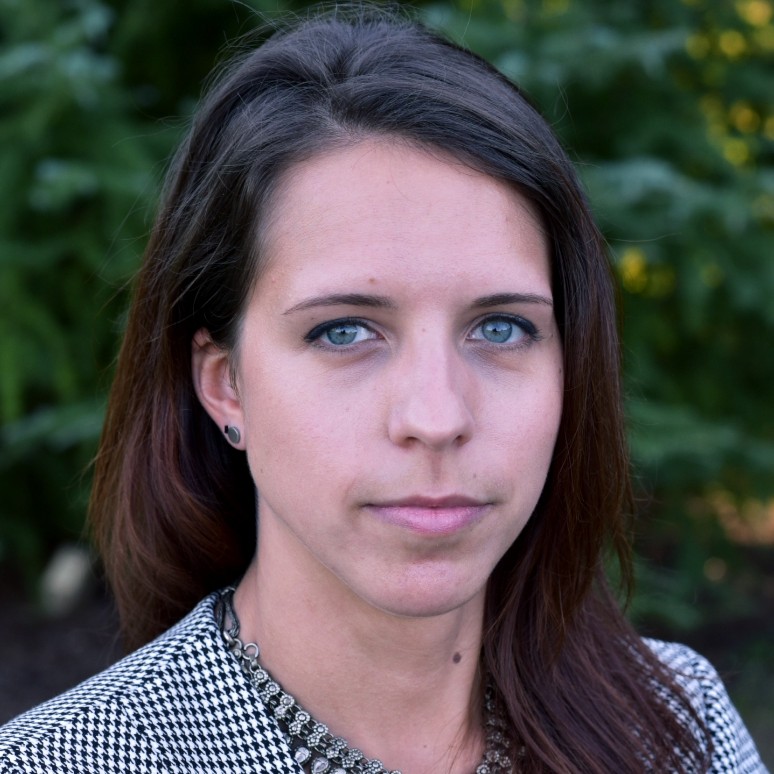 |
Dr. Amanda J. Reinke is an Assistant Professor of Conflict Management at Kennesaw State University's School of Conflict Management, Peacebuilding and Development. She utilizes ethnographic, rapid qualitative, and mixed methods to examine the structural, bureaucratic, and slow violence of conflict and disaster recovery practice, primarily in the United States. She works closely with community partners to conduct collaborative and engaged research that can benefit affected communities. Webpage: https://www.ajreinke.com |
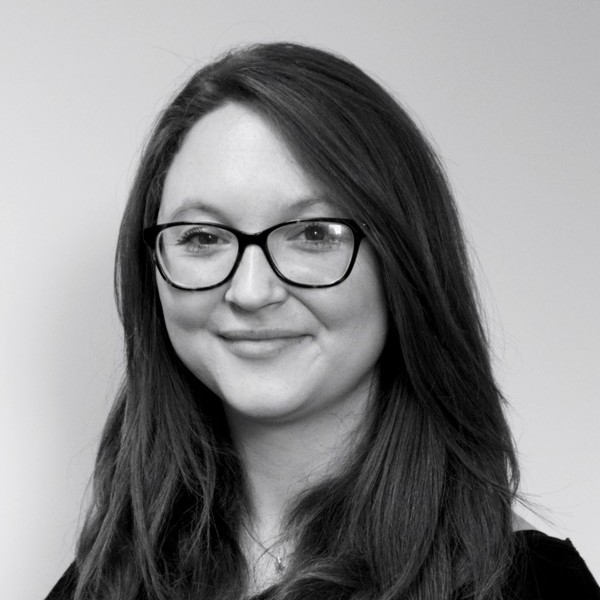 |
Alice Robinson is a PhD student at the London School of Economics and Political Science, where her doctoral research focuses on the histories and everyday practices of South Sudanese NGOs engaged in humanitarian response. She is interested in the intersections of everyday and institutional humanitarianism, and in the inequalities and precarities embedded in and produced by the international humanitarian system. See Abstract here |
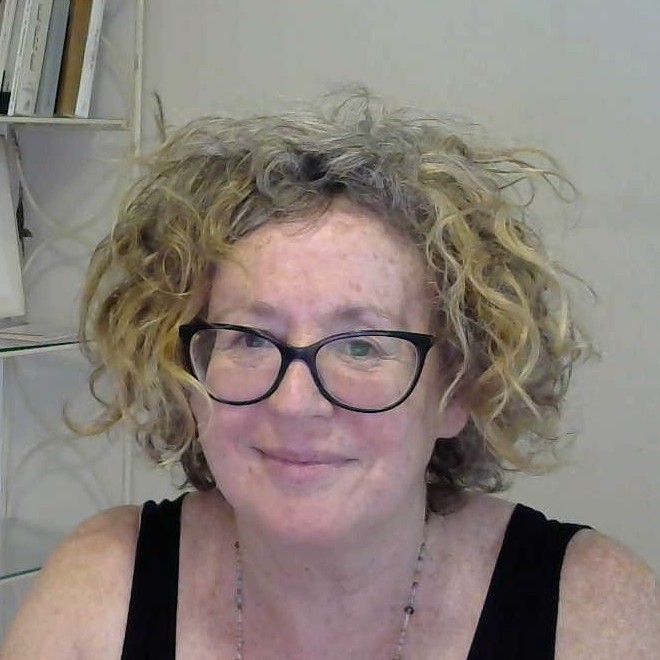 |
Prof. Amalia Saar is an associate professor at the Anthropology Dept. at the University of Haifa. She is also a feminist peace activist. Main research topics include: Palestinian citizens of Israel, where she focuses on gender constructions and politics, feminist perspectives of security among Jews and Palestinians, women work and citizenship under neoliberalism, and generational relations in the Israeli feminist movement. Her first book Economic Citizenship: Neoliberal Paradoxes of Empowerment (Berghahn Books, 2016) explores the Israeli neoliberal project through ethnographic documentation of the local version of social economy. Her new book, just published in Hebrew in collaboration with Hawazin Younis, is titled Diversity: Palestinian career women in Israel. |
 |
Prof. Eli M. Salzberger was the Dean of the Faculty of Law at the University of Haifa and the President of the European Association for Law and Economics. He is a graduate of the Hebrew University Faculty of Law (1st in class). He clerked for Chief Justices Aharon Barak and Dorit Beinish. He wrote his doctorate at Oxford University on the economic analysis of the doctrine of separation of powers. His research and teaching areas are legal theory and philosophy, economic analysis of law, legal ethics, cyberspace and the Israeli Supreme Court. He has published more than 40 scientific articles. His latest book (co-authored with Niva Elkin-Koren) is The Law and Economics of Intellectual Property in the Digital Age: The Limits of Analysis (Routledge 2012), preceded by Law, Economic and Cyberspace (Edward Elgar 2004). He was a member of the board of directors of the Association for Civil Rights in Israel, of the public council of the Israeli Democracy Institute and of a State commission for reform in performers’ rights in Israel. He was awarded various grants and fellowships, among them Rothschild, Minerva, GIF, ISF, Fulbright, ORS and British Council. Salzberger was a visiting professor at various universities including Princeton, University of Hamburg, Humboldt University, University of Torino, Miami Law School, University of St. Galen and UCLA. Currently he is the director of the Haifa Center for German and European Studies, the director of the Minerva Center for the Study of the Rule of Law under Extreme Conditions and he is the co-director of the International Academy for Judges at the University of Haifa Faculty of Law. |
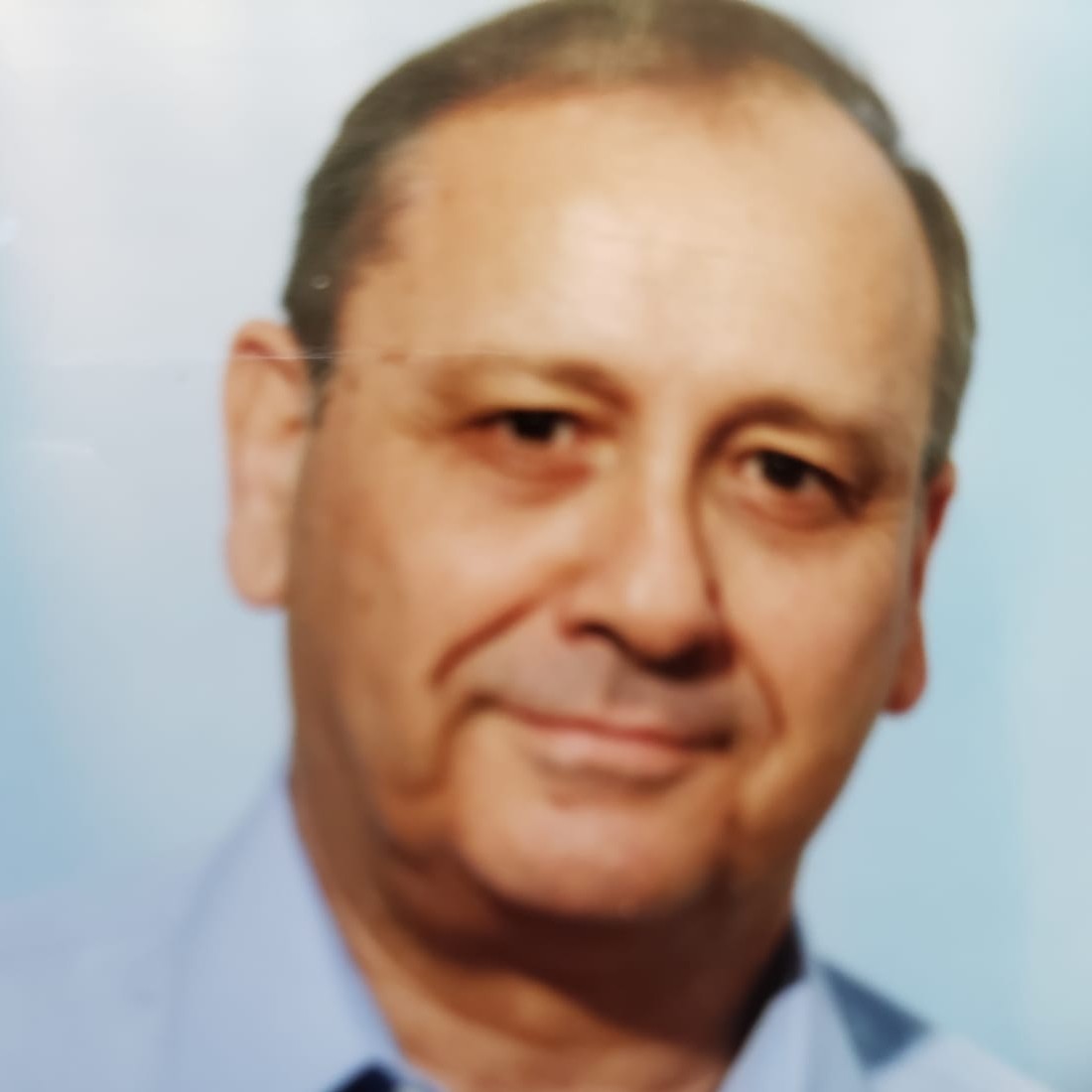 |
Professor Hillel Schmid, Ph. D See Abstract here |
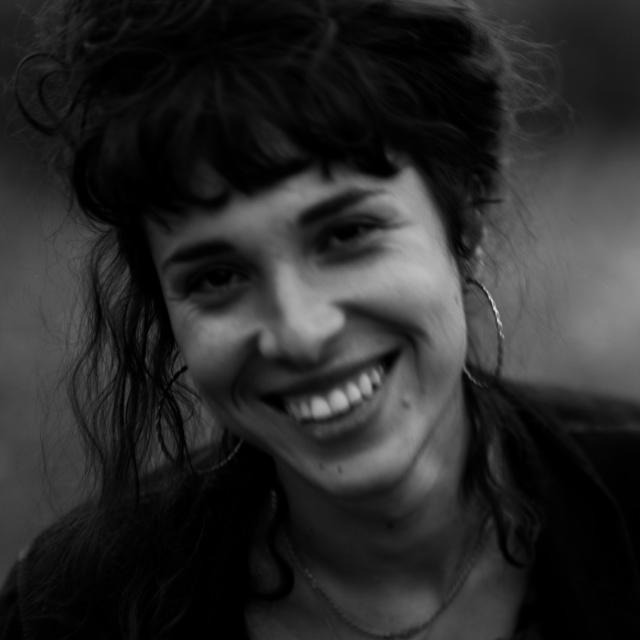 |
Daniella Seltzer, Jerusalemite. Holds a B.A in Equity and Food Security Studies from the University of Toronto, and an M.A in Cultural Studies at the Hebrew University. Co-Founder of the Jerusalem Food Rescuers in 2018 that aim to create a more sustainable and equitable food system with less waste. Daniella has worked in grassroots food-related community-building activities in the last decade, both in Israel and abroad. |
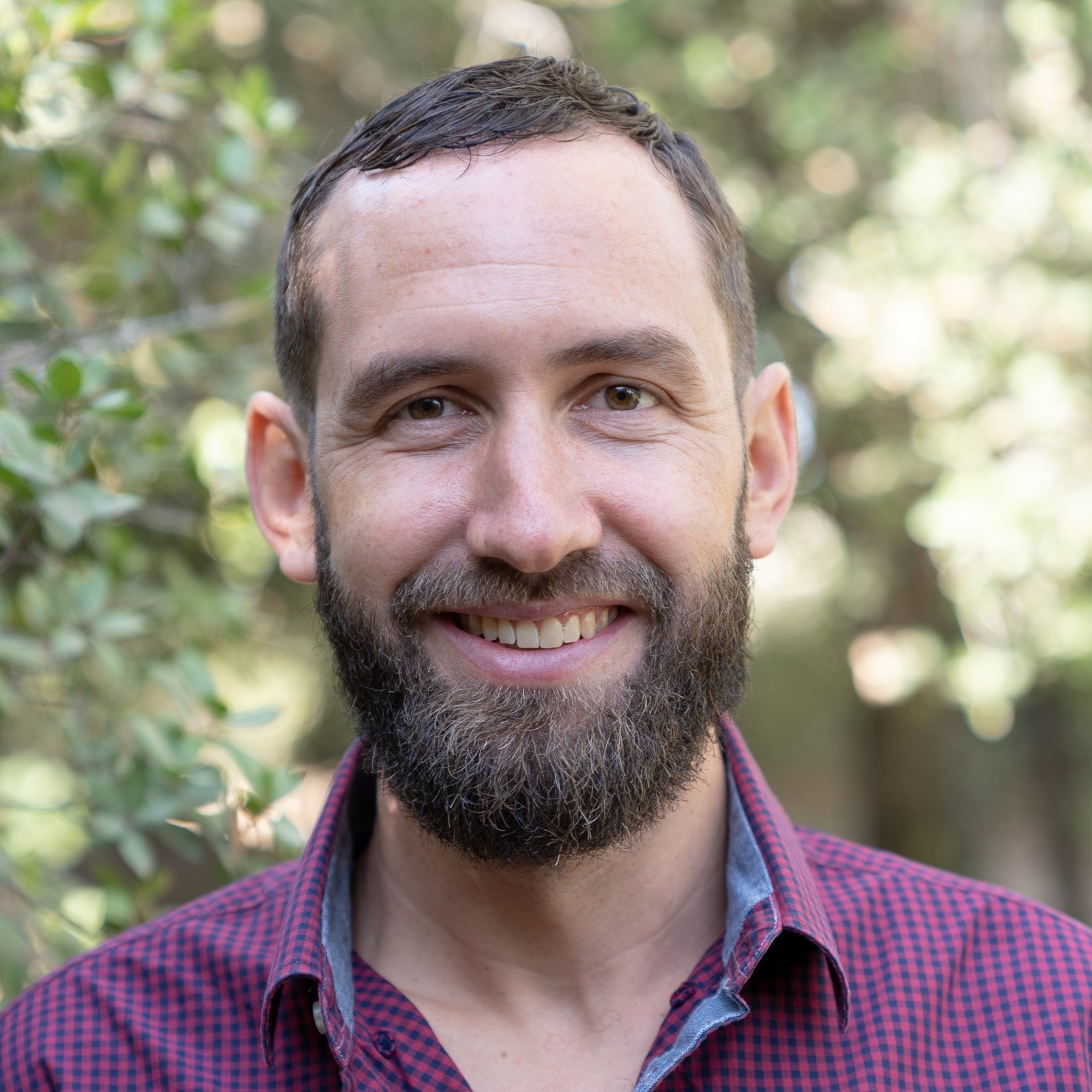 |
Guy Shalev is a medical and political anthropologist whose research concerns the intersections of medical professionalism, ethnonational politics, and bioethics in Israel/Palestine. He received his Ph.D. in Cultural and Medical Anthropology from The University of North Carolina–Chapel Hill, and is currently a postdoctoral fellow at the Martin Buber Society of Fellows at the Hebrew University of Jerusalem. See Abstract here |
| Abeer Shehadee, The Galilee Society | |
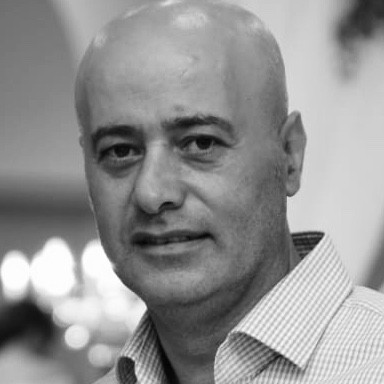 |
Ahmad Sheikh Muhammad is the General Director of the Galilee Society. Ahmad has a BA in Computer Science from Dortmund University in Germany and an MA in Public Health and Epidemiology from Hebrew University. Ahmad founded a hi-tech software start-up and as a part of the Galilee Society develop a socio-economic information databank system Rikaz, a comprehensive, computerized information system which collects and analyzes data relating to the Palestinian minority in Israel. Ahmad have Several years’ experience in economic and social research, data collection and processing; national and independent survey data analysis using scientific statistical techniques; review, synthesis and summaries of research literature. As part of his work Ahmad published many Books and scientific articles, some are available in the Galilee Society webpage. |
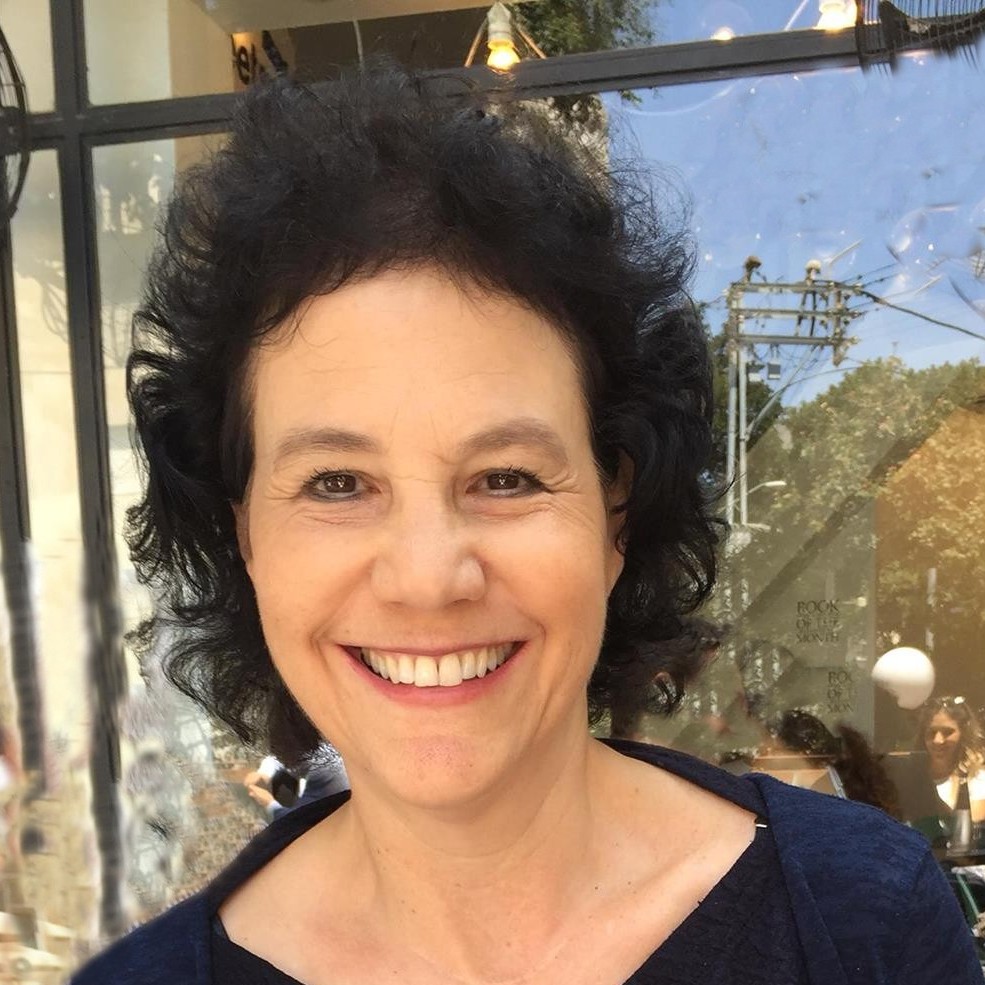 |
Prof. Deborah F. Shmueli is a Full Professor in the Department of Geography and Environmental Studies at the University of Haifa, Head of the National Knowledge and Research Center for Emergency Readiness (awarded in 2018), and a co-Principal Investigator (PI) of the Minerva Center for Law and Extreme Conditions at the University of Haifa (awarded in 2013). After completing a four year term as Department Head, she is currently the Academic Head of the graduate program in Emergency and Disaster Management. The program covers six dimensions of disaster management: planning, prevention, mitigation, response, support and recovery. She is a planner specializing in environmental policy issues related to land use and allocation, water, solid waste and transportation. Strong foci are public sector and environmental conflict management and community and institutional capacity building and public engagement. She has served as a consultant for master plans in Israel (currently a member of the Strategic Planning team for Israel 100 – in year 2048), facilitated collaborative stakeholder processes, conducted conflict assessments and workshops on consensus building, conflict assessment and environmental/public sector conflict management. Over the last ten years she has worked intensively on land issues with Bedouin communities in the Negev, coauthored a book on the subject and served on a five-member Commission of Inquiry (appointed by the Israeli Ministry of Interior) into the desired municipal and spatial planning boundaries of the Bedouin communities in the Beer Sheva District. She currently serves as one of five permanent members of the Commission of Inquiry regarding Unification of Local Authorities, Changes in Areas of Jurisdiction of Local Authorities and the Redistribution of Resources among Local Authorities in the Haifa Metropolitan Area (Haifa Metropolitan Area Permanent Geographic Boundary Committee, Ministry of Interior). She is PI for two research projects for the Ministry of Science and Technology which focus on earthquakes: Evaluating Israe's Regulatory Framework for Earthquake Preparedness and Response and Recovery, including Public Engagement Mechanisms (completed, two articles in review); and Tools and mechanisms for public engagement in local authorities with regard to earthquake preparedness, response and recovery (completed first year). Her undergraduate and master’s degree are from the Massachusetts Institute of Technology (MIT) (1980) and her Doctorate degree from the Technion, Israel Institute of Technology (1992). |
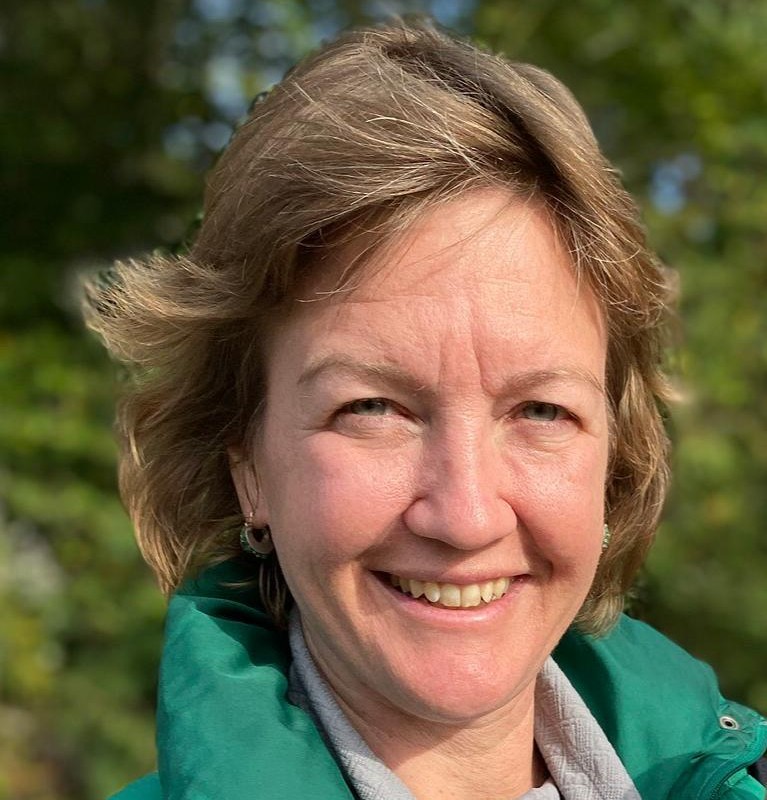 |
Sara Van Gunst holds a BA in International Relations from the College of William & Mary as well well as an MA in Russian Studies from Indiana University and an MS in Social Work from Columbia University. She began her professional life in the field of international development work with a focus on strengthening civil society and empowering women in countries of the former Soviet Union. During this time, she spent a year living in Moscow. Following this, she transitioned to the field of clinical social work where she specialized in trauma treatment. She worked in community mental health providing therapy to Russian-speaking immigrants and the general population at the Jewish Board of Family and Children’s Services in Brooklyn and then worked with veterans and their family members at the New York University School of Medicine’s Military Family Clinic. She moved to Haifa three years ago with her partner, who is Israeli. She has worked at Kav LaOved for the past two years as a resource development manager and maintains a private therapy practice here in Haifa. |



